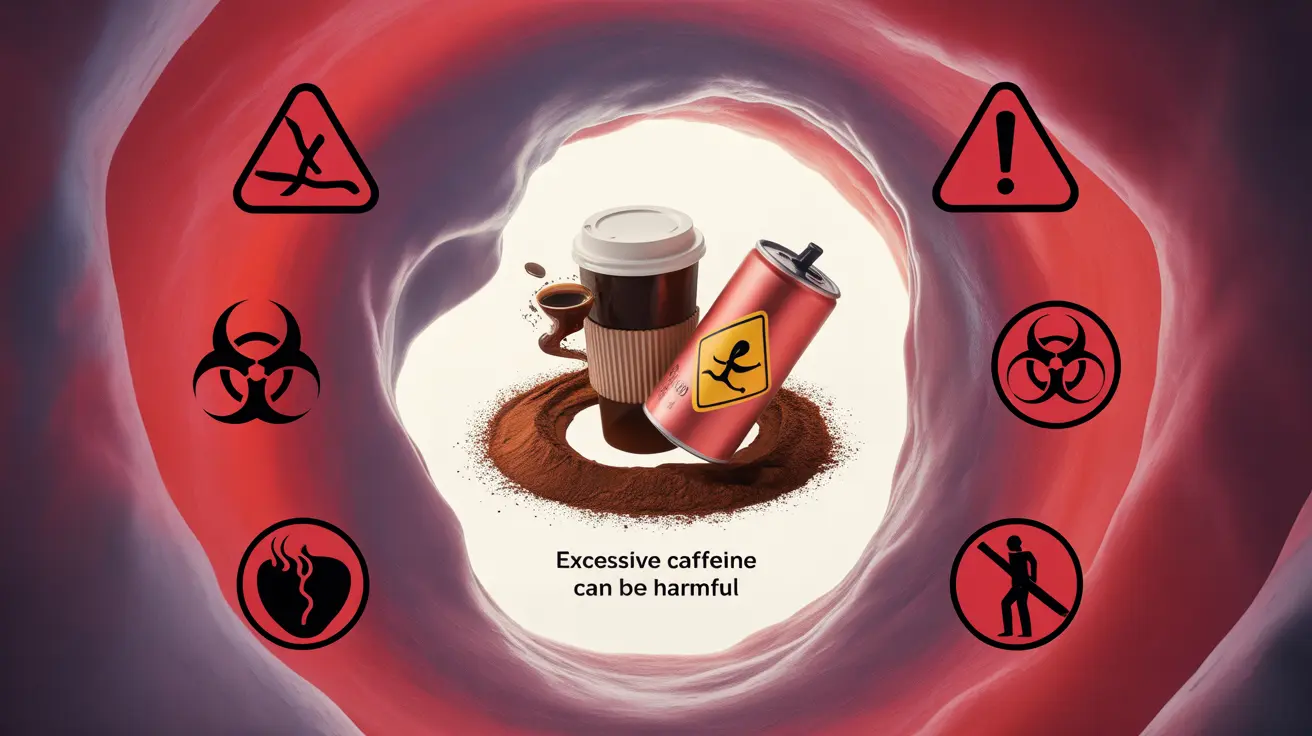Caffeine is one of the most widely consumed stimulants worldwide, present in coffee, tea, energy drinks, and various supplements. While moderate caffeine consumption is generally safe for most adults, understanding the lethal dose of caffeine and its potential dangers is crucial for public safety and responsible consumption.
This comprehensive guide explores caffeine toxicity, its effects on the body, and essential safety information to prevent dangerous overdose situations.
Understanding Caffeine Toxicity Levels
The lethal dose of caffeine depends on several factors, including body weight, individual tolerance, and overall health status. Generally, experts estimate that consuming 10-14 grams of caffeine at once can be lethal for most adults. This amount is significantly higher than typical daily consumption through beverages.
To put this in perspective, a regular cup of coffee contains about 80-100mg of caffeine, meaning it would take consuming approximately 100 cups rapidly to reach potentially lethal levels. However, concentrated forms of caffeine can make it dangerously easy to consume toxic amounts.
Symptoms of Caffeine Overdose
Recognizing the signs of caffeine toxicity is critical for seeking timely medical intervention. Common symptoms include:
- Severe anxiety and agitation
- Rapid or irregular heartbeat
- Tremors and seizures
- Extreme nausea and vomiting
- Dangerously high blood pressure
- Confusion and hallucinations
- Chest pain
- Difficulty breathing
Dangerous Forms of Caffeine
While traditional caffeinated beverages pose minimal risk when consumed responsibly, certain forms of caffeine present significantly higher dangers:
Powdered Caffeine
Pure caffeine powder is particularly hazardous because just one teaspoon can contain as much caffeine as 28 cups of coffee. The FDA has issued warnings about these products due to the extreme difficulty in measuring safe doses.
Concentrated Liquid Caffeine
Similarly, highly concentrated liquid caffeine products can deliver dangerous amounts of caffeine in small volumes, making accidental overdose more likely.
Prevention and Safe Consumption
To safely consume caffeine and prevent overdose:
- Track your daily caffeine intake from all sources
- Avoid pure caffeine powder and concentrated supplements
- Read labels carefully on energy drinks and supplements
- Stay within recommended daily limits (400mg for healthy adults)
- Consider individual sensitivity and existing health conditions
- Space out caffeine consumption throughout the day
Emergency Response and Treatment
If caffeine overdose is suspected, immediate medical attention is crucial. Treatment typically focuses on managing symptoms and may include:
- Activated charcoal administration
- IV fluids for hydration
- Heart rhythm monitoring
- Anti-seizure medications if needed
- Blood pressure management
- Respiratory support
Frequently Asked Questions
What is the lethal dose of caffeine, and how does it affect the body? The lethal dose of caffeine is approximately 10-14 grams for adults. At toxic levels, caffeine can cause severe cardiovascular problems, seizures, and multiple organ failure. The stimulant affects the heart, central nervous system, and other vital organs simultaneously.
How can caffeine overdoses be treated, and what symptoms should prompt immediate medical attention? Caffeine overdoses require emergency medical treatment. Seek immediate help if experiencing severe heart palpitations, chest pain, confusion, seizures, or difficulty breathing. Treatment typically involves supportive care, symptom management, and possibly activated charcoal administration.
What are the risks of consuming powdered or concentrated caffeine versus caffeine in beverages? Powdered and concentrated caffeine products pose significantly higher risks than traditional beverages due to their potency and the difficulty in measuring safe doses. Just one teaspoon of pure caffeine powder can be lethal, while it's nearly impossible to consume a lethal amount through regular coffee or tea.
Can caffeine overdose symptoms be similar to those of other conditions, and how are they diagnosed? Yes, caffeine overdose symptoms can mimic other conditions like anxiety attacks or heart problems. Diagnosis typically involves reviewing consumption history, physical examination, and possibly blood tests to measure caffeine levels and assess organ function.
How can individuals prevent caffeine overdose, especially when using energy drinks or other caffeinated products? Prevention involves careful monitoring of total daily caffeine intake, avoiding concentrated caffeine products, reading product labels carefully, and staying within recommended limits of 400mg per day for healthy adults. Being aware of caffeine content in all consumed products is essential.




